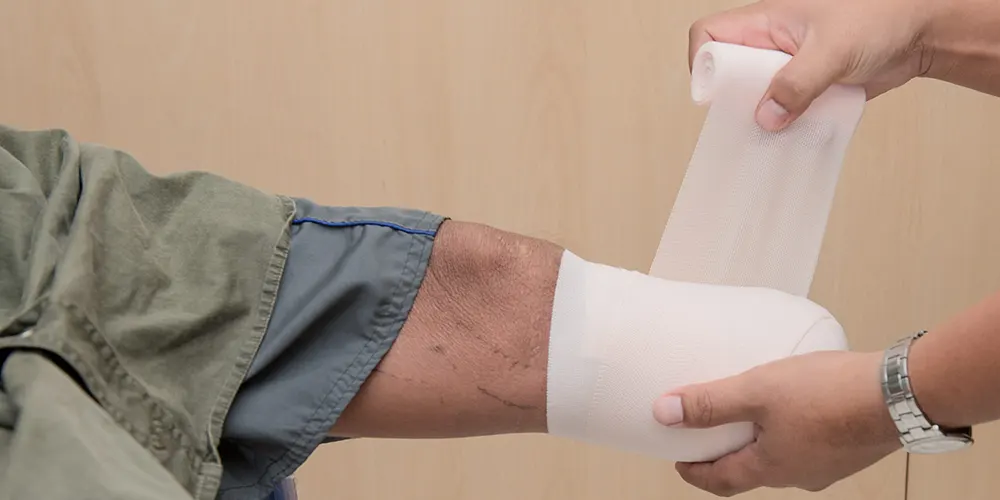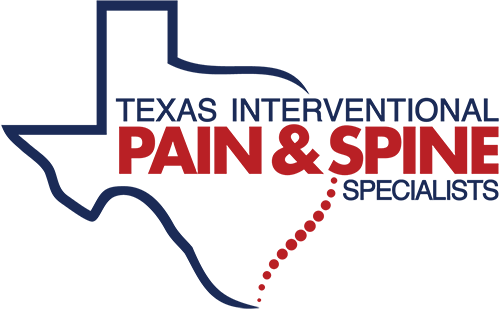
Phantom Limb Pain
Phantom limb pain is a type of chronic pain that can affect individuals who have lost a limb due to amputation or other causes. It is characterized by the perception of pain in the missing limb, as well as other sensations such as itching, tingling, and even the feeling of movement in the phantom limb. This type of pain can range from mild to severe, and can be a significant source of discomfort and disability for those who experience it.
There are several theories about the causes of phantom limb pain, but it is believed to be a complex interaction of factors including nerve damage, changes in brain function, and psychological factors. Phantom limb pain can occur immediately after amputation or may develop months or even years later.
Treatment of phantom limb pain often involves a combination of medications, physical therapy, and psychological therapy. Medications that may be used include pain relievers, antidepressants, and anticonvulsants. Physical therapy may include techniques such as mirror therapy, which involves using a mirror to create the illusion of movement in the missing limb, and sensory manipulation, which involves using touch or vibration to stimulate the remaining limb. Psychological therapy may include techniques such as cognitive behavioral therapy (CBT) to help individuals cope with the emotional and psychological impact of limb loss.
In some cases, interventional pain management techniques may also be used to manage phantom limb pain. These techniques may include injections, nerve blocks, or the use of electrical stimulation to help manage the pain.
It is important for individuals with phantom limb pain to work with a team of healthcare professionals, including a pain management specialist, to develop a treatment plan that addresses their specific needs and goals. With the right treatment approach, it is possible to manage phantom limb pain and improve quality of life.
Ready to Live Pain Free?
If you are interested in an ethical, personal and individualized approach to pain treatment, then we are here to help. Please give our office a call at (361) 360-3264. We look forward to helping you restore a more active, joyful and pain free life!
